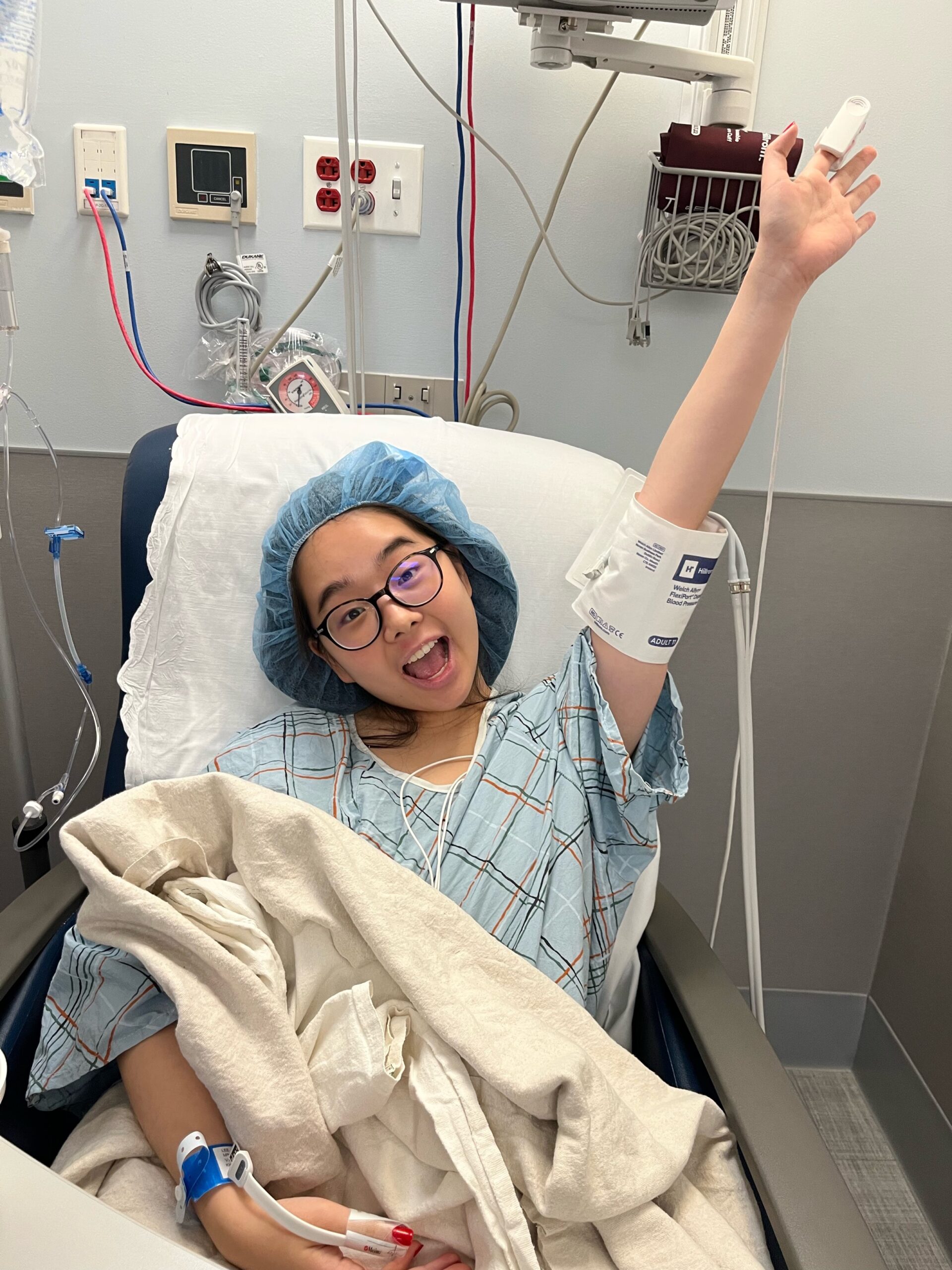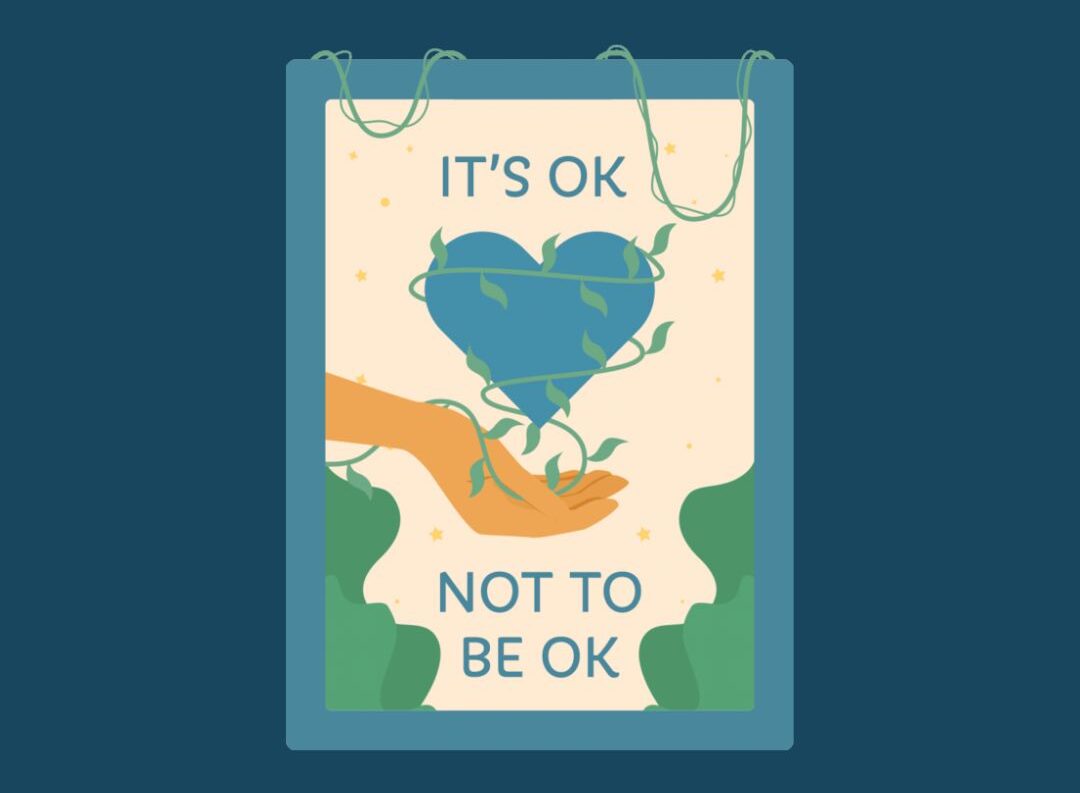During the intermittent quarantine of 2020 and the COVID-19 pandemic, what has brought me more solace than anything is the act of journaling. As someone who was diagnosed with Crohn’s disease during the pandemic, much of my hospital experience was drastically different than others. Increasingly isolated from my loved ones, I could feel the weight of my diagnosis crushing me, the four walls of my hospital single closing in.
For patients with chronic illness, mental health is tied so closely to our physical health. I’ve had days where my physical flare-ups make me double over; it’s no coincidence that on those same days, my mood swings and sensitivity levels are out of control. In fact, this phenomenon is so common that there’s an actual term for it: the gut-brain connection.
The gut-brain connection refers to how changes in our gut can have drastic impacts on how we feel and behave. Many tend to dichotomize our bodily systems, finding it hard to believe that our behaviors and moods can be swayed by what we eat and how our gut reacts. This is explained by what’s called ‘bi-directional’ communication, in which our gut and brain talk to each other using different pathways.
Re-focusing energy is powerful. With enough time, journaling can become a way to channel your energies into finding peace and introspection. What’s best about all this is that journaling can take any form you want it to. It’s simply a way to get your thoughts out on the page. Humans absorb so much information and stimuli during their waking hours; life, as it turns out, can be overwhelming at any point in time, regardless of a chronic illness diagnosis or not.
Journaling should be a way to relieve stress, a way to declutter your mind. I’ve found it especially helpful to process my physical and mental pain; even doodling can help distract your mind for a few minutes. Especially for patients with chronic illness, a journal can be a place to record symptoms, reflect on treatments, or even track what foods you’re eating.
All you need is a notebook, even just a piece of paper, and a pen or pencil. Some people find it helpful to pair a journaling session with a few minutes of meditation: this is your choice! Whatever makes you feel the most grounded and relaxed.
Here are a few journaling prompts to get you started:
- How are you feeling right now?
- What does your body need?
- What is giving you energy?
- What is taking your energy?
- What are you grateful for, at this moment?
- What are some themes in your life right now? (rest, peace, healing, etc.)
- Things that feel heavy today; things you can try and release today.
- What do you need to let go of in order to move forward and grow?
- What beliefs and assumptions are holding you back?
- What do you have to be proud of?
- Where are you feeling stuck?
- Where are you feeling growth?





















